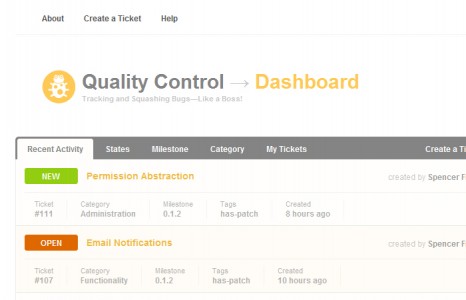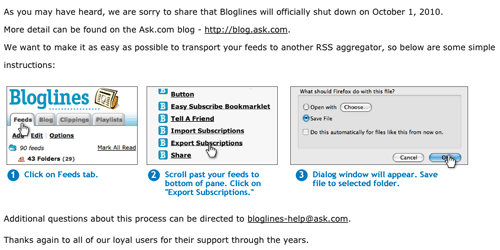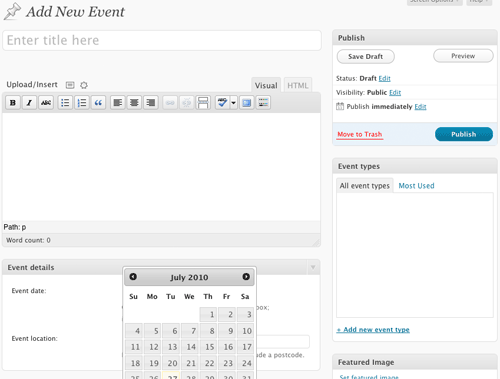If you’re a civil servant working in UK central government, and you’re using WordPress (or seriously considering it), I’d like to invite you to an all-day event I’m coordinating for mid-October.
Each January, we have the UK government Barcamps, bringing together civil servants and external enthusiasts to talk about ‘web 2.0’, social media, or whatever it’s calling itself at the time. And for the past three summers, we’ve had WordCamp UK, a gathering of the UK’s WordPress developer community. Both have been excellent fora for idea sharing, and contact building.
In the meantime, we’ve seen steady growth in the use of WordPress within government – to the point now that it’s the natural choice for interactive applications, the expected solution for small-scale sites, and a serious option for larger-scale development.
And so, with WordPress maturing, departmental budgets tightening and Ministerial demands increasing, it feels like the right moment to mash the two together: an opportunity for those of us already using WordPress in government to show off our latest creations, float some new ideas, and share our experiences – good and bad.
With the generous support of the team at BIS, I’m organising a day-long WordCamp-style event for the extended family of government – civil servants and gov-centric consultants, plus a WordPress VIP or two.
It will take place on Wednesday 13 October, at a government office in the St James’s Park area, starting at 10.30am and finishing at 4pm – giving you enough time to clear your inboxes before and after. We’ll have room for around 30 civil servants – so please, a maximum of 3 attendees per department. There will be no charge for attending, and we’re hoping to provide a decent (off-site) lunch.
Like Barcamp, we’ll want the day’s programme to consist primarily of volunteers providing 20-25 minute presentations / demonstrations about projects they’ve been working on. So if you’re working with WordPress, please do take a slot to tell us all about it – even if it isn’t quite ready, even if it didn’t quite come off. Unlike Barcamp though, we’ll be doing our best to arrange the programme ahead of time.
In addition to the usual suspects on the consultancy side, we’ll also be joined by a few specially invited guests – including Peter Westwood, one of the core developers of WordPress (and soon to be working full-time for Automattic).
Book your place via Eventbrite – but please, do think about that three-per-dept limit. We’d like all interested departments to have the opportunity to send someone.
We’ll be coordinating the planning of the event using a group on the UKGovCamp.com site, built by Steph and Dave, and running on WordPress/BuddyPress 🙂 – so if you haven’t already registered for that site, please do so. Membership of the event group will be restricted to attendees (at least to begin with).
If you’re a supplier and you’d like to be involved, please contact me (with details of your WordPress and/or government experience). Be warned, strings are attached.
Any other questions, feel free to get in touch via the website, or leave a comment below.




